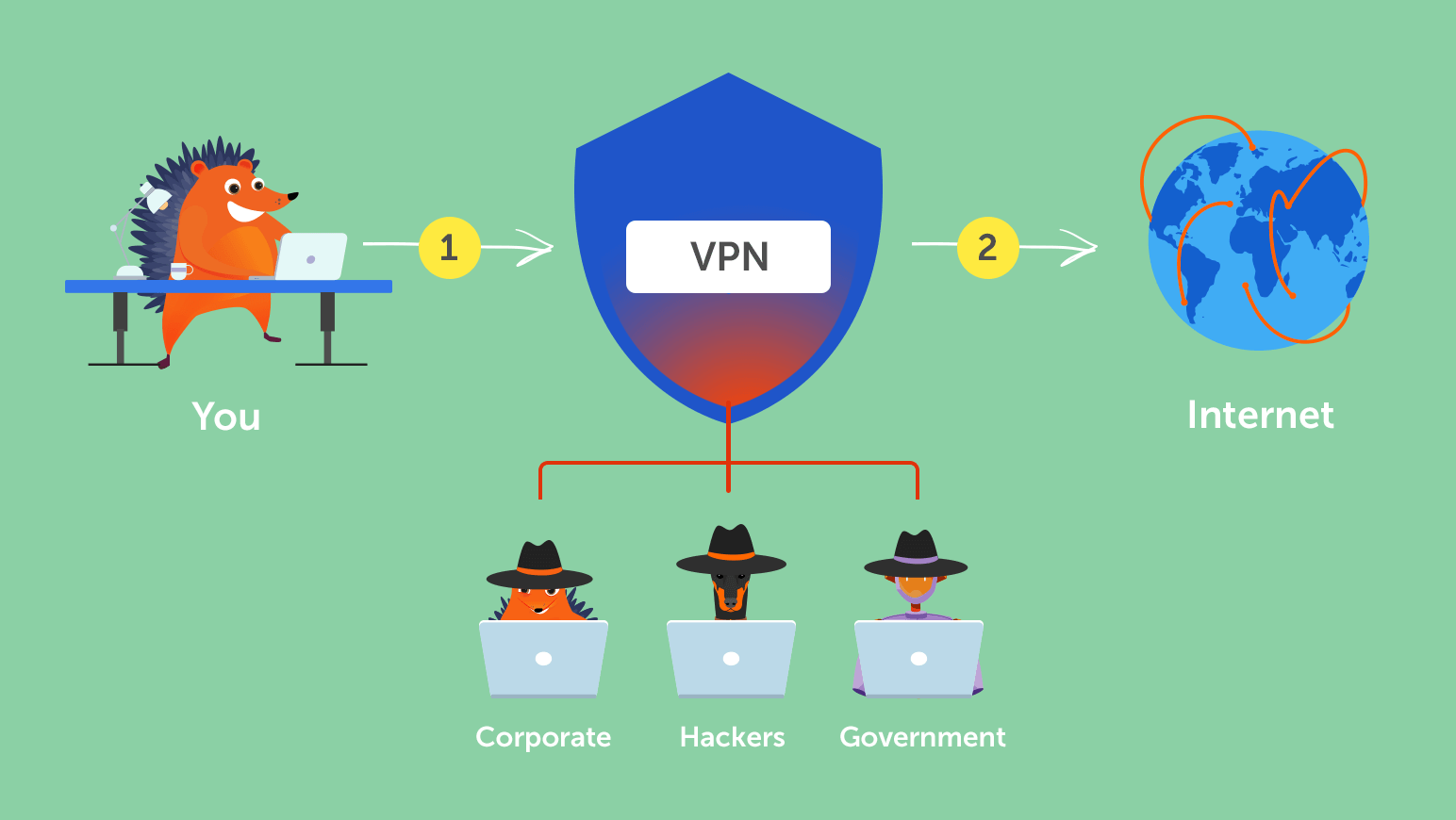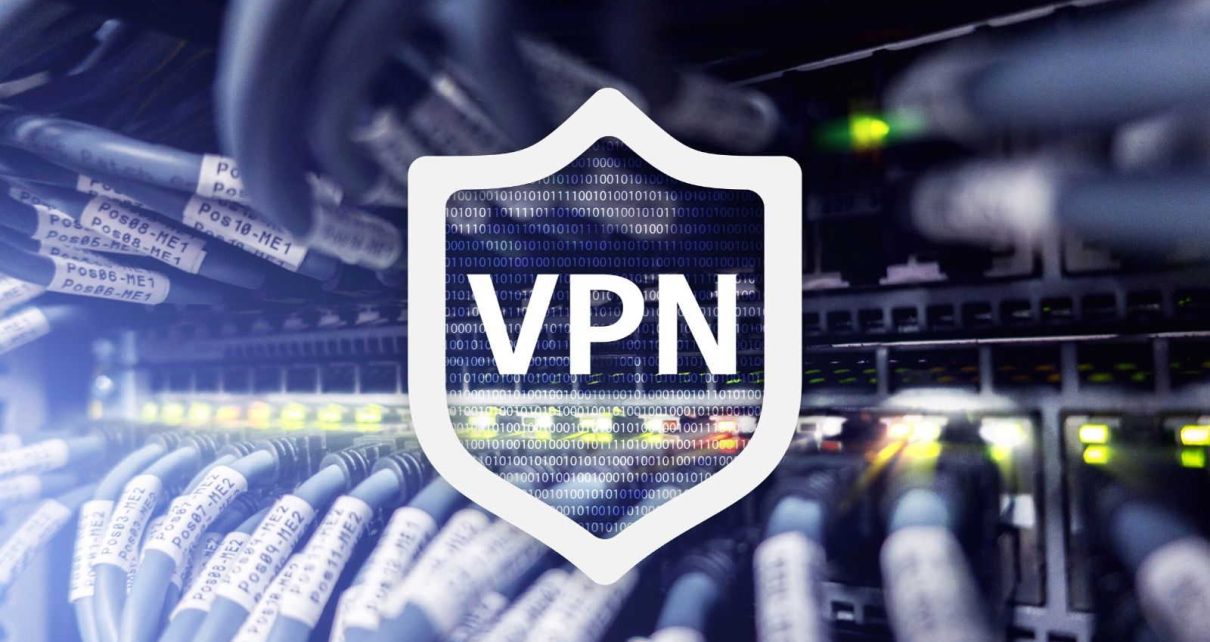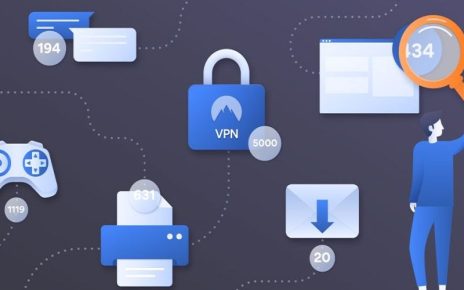Virtual Privacy Networks (VPNs) have gained popularity in recent years as they make net surfing a secure experience for everyone. “Rome was not built in a day,” the saying also goes with the development of VPN services. The history of this technology goes way back to 1996 when an employee of Microsoft created PPTP or a code of conduct.
PPTP first became known in 1999 by a consortium of Microsoft, 3Com, Ascend Communications, and others. The idea relies on a GRE (Generic Routing Encapsulation) tunnel and TCP -Transmission Control Protocol channel to enclose packets of PPTP. Although many people think PPTP has gone for good now and is no longer in use, it is still used today with privacy tools and VPN services in sync with different technologies so that customers can have more security and functionality. One can say the primary and might be only limitation of PPTP is the lack of authentication and encryption, which has ultimately led to modern-day VPN services.

Only a few were secured
Initially, VPN was not widespread and was only used by military outfits and big businesses. As the concern around privacy grew, VPNs were made available for public use. With widespread and vast security breaches, it became clear how important it was to have tight security.
VPNs in the millennium era
The key difference that you will see between the infantile stage of the internet and the 2000s is that the user base started to expand gradually with a faster connection speed.
As everything was going through dynamic changes, PPTP became an outdated version as flaws started to be spotted in it and IPsec. Soon, these were replaced by AES-256 encryption. In 2001, the OpenVPN protocol drew the attention of many towards them.
The golden age
In the late 2000s and early 2010s, surveillance scandals and their stories became common in the news. These included different platforms like Netflix, Kodi, and even NSA. All these factors, along with others, only worked as a catalyst to increase the demand for VPNs.
As people wanted something new for improved safety and security online, new products started to fill the market. After that, it did not take much time to introduce modern-day VPNs and their services to the public.
In some countries, VPNs are also a solution to surpass the web restrictions put by the government. One of the countries where you can find such practice is China. The Chinese government has a lot of restrictions in place about what you can see on the web, so the VPN services also tend to surpass those restrictions. But the progress of both – the restrictions and VPNs go hand in hand. There is also a “The Great Firewall” war about this that has no signs of ending anytime soon.
Modern-era VPNs
The VPNs you will find today are slightly different from their progenitors. However, the core idea remains the same – safely surfing the internet while preventing your data from any threat. VPNs support many devices like PlayStation, Smart TVs, and Kodi boxes, and how can you forget about tablets and mobile phones. In addition to this, many VPNs are paired up with antivirus software for extra protection.
Common uses of VPN
Some areas where you will see the widespread use of VPNs are the following:
For businesses, VPNs give access to data and create a shared office network for remote employees when business is concerned. The primary objective of doing this is to prevent the data from exposing.
![]()
- For consumers
There are numerous reasons why an average person would opt for a VPN. The most common ones are streaming geo-restricted content, speeding the download speed, masking the IP address, accessing personal networks from another country, and fast loading of streaming platforms.
When it comes to buying a VPN service, you have many choices that can make the wrong choice many times. But if you know what factors to look for, it becomes easier to make the right decision. You might feel overwhelmed at first, so here is help.
ExpressVPN is one of the best VPNs and has been used by many people. It would help if you also gave it a try. Let’s learn about ExpressVPN here to give you clarity of mind.
Key features of ExpressVPN
The following points will cover everything you need to know about ExpressVPN:
- It unblocks numerous streaming platforms such as Netflix, Hulu, Disney+, etc.
- The speed is super fast without any buffering while streaming.
- The encryption provided is military-grade, and you get the best security features here.
- Talking about server networks, it has a broad network spread all over the globe. You can find one near you.
- It also provides a native app for every operating system like Windows, Linux, Mac, Android-iOS, and routers.
With ExpressVPN, you get great value for money, especially if you are interested in long-term subscriptions.
This mini-guide helps us know the history of VPNs and how they are different from the ones at the start. There will be further changes in VPNs as we progress. It is hard to estimate how much VPNs will evolve in the coming years.


